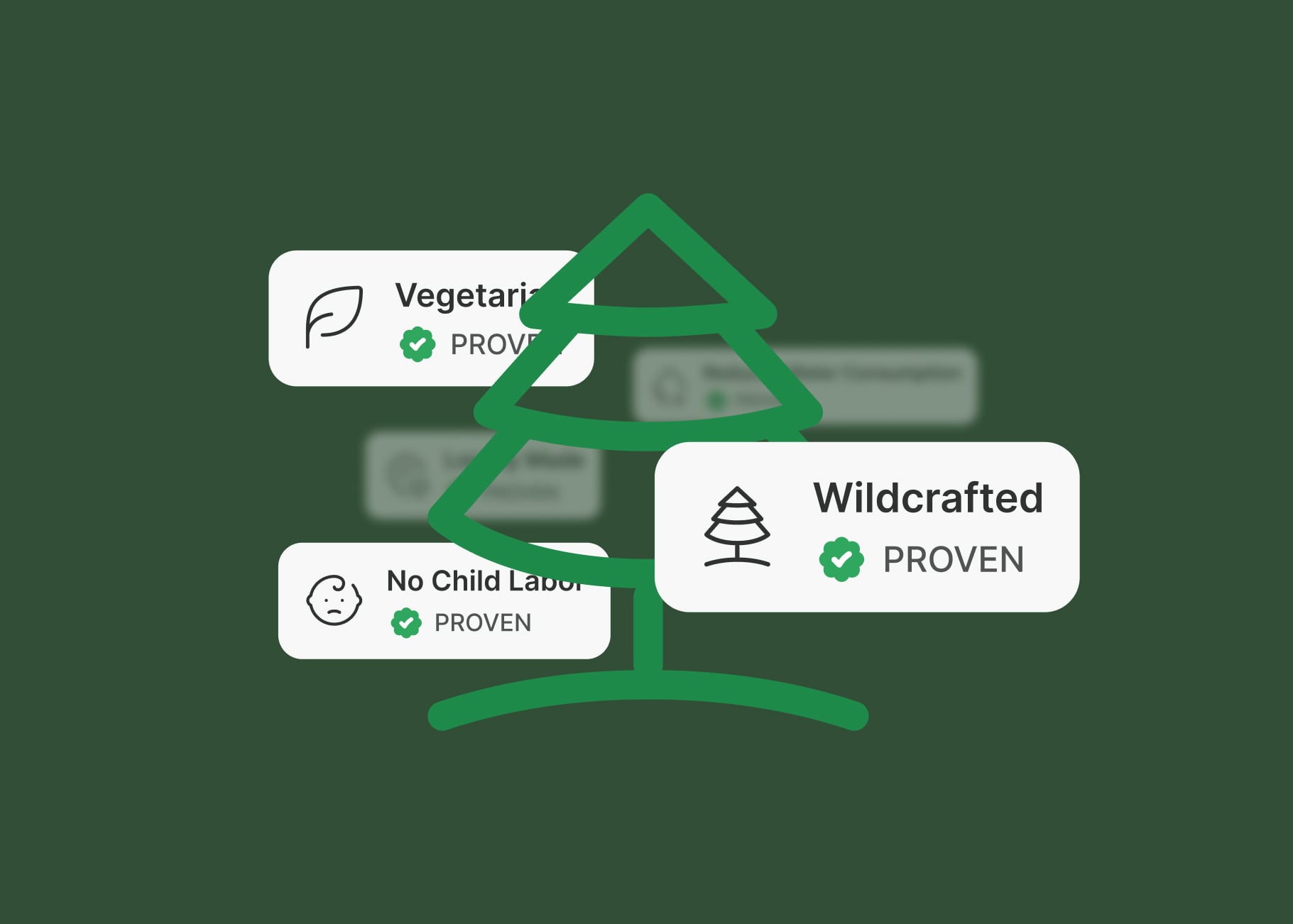Why is food transparency important?
You should know where your food comes from and who produced it.
Food transparency as predecessor of sustainability
It is not a secret, that people can be often very comfortable and many decisions they make are based on this fact. The question is, when are we more inclined to act ethically?
Psychology says, that people tend to act more ethically when they are exposed to the consequences of their acts and, most importantly, they have to live with them.
That is why we need food transparency. Transparency is pointing out our acts. As without transparency, we would not be able to even notice and evaluate our acts, as they would remain invisible.
All of these aspects apply and affect our spending behaviour. The way we decide to spend our resources does not only affect our monthly salary and money we have left one day before pay-day. It affects resources and people all over the world.
That is why food transparency is the predecessor of sustainability. Hence, there is no sustainability without food transparency!
Empowerment
What does profit and prosperity mean for you? How do you define these terms?
If you define these terms solemnly in terms of money, we have a problem. If we are looking around us and see the everyday problems each individual tackles with, sure, it might all be related to money somehow.
However, if we take a step back and look at the whole picture, social, ecological and health aspects should be considered too. We should not rely on government, bureaucracy is slow – but transparency is fast!
It is transparency that empowers consumers. When a consumer is able to make an informed choice while grocery shopping, he or she is able to buy a product that makes the world a better place.

The consumer is leading the way forward
Usually, we see only conscious consumers being aware of different sustainability aspects in their everyday life. Being ahead of government is that easy.
Being concerned just about the price when buying certain products is understandable, but should not be the norm. Sustainability is not the responsibility of government, and companies. It is the responsibility of each individual.
Nonetheless, there is a gap between knowing and doing.
But, as soon as consumers will be well informed (food transparency!), they can start making informed and conscious choices and buying decisions.
The power of consumers is enormous.




